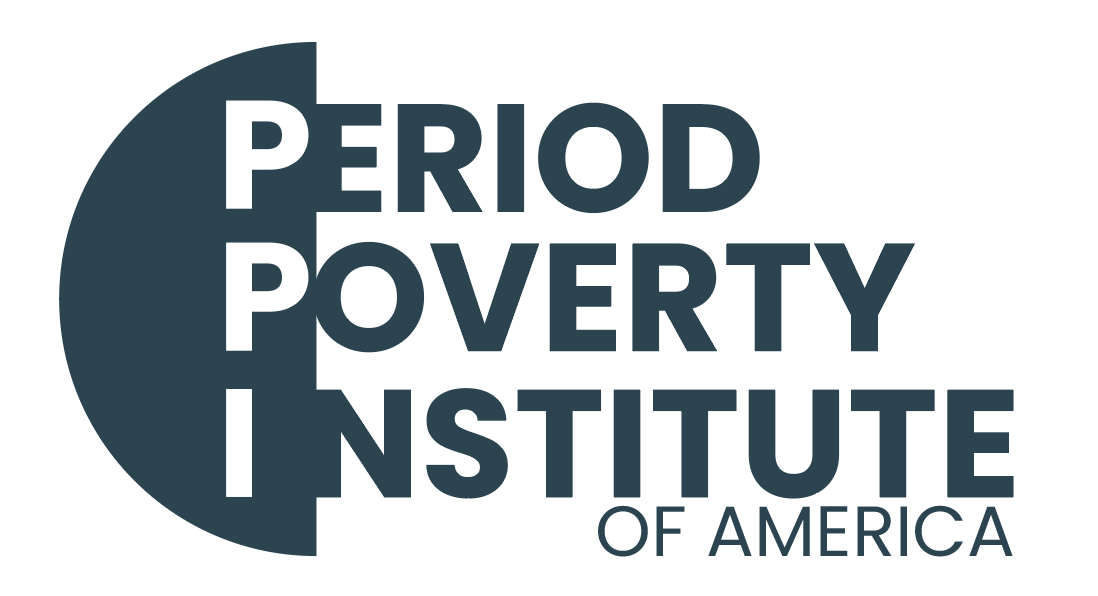For thousands of American girls, access to monthly period products means uninterrupted attendance at school. This can have lasting impacts on far more than just their education.
School provides a safe, protected space, particularly for children living in under-resourced neighborhoods. Having the necessary hygiene supplies to be continually present at school lessens exposure to unsafe, unsupervised environments human traffickers may target.
An education can equip students for stable employment as young adults; access to a living wage is known to reduce vulnerability to human trafficking.
When teachers are able to routinely observe students’ behavior, they are more likely to notice and intervene if they see unusual patterns that may reflect a vulnerability to human trafficking.
Students living in under-resourced households are more vulnerable to trafficking, as they may be lured into dangerous situations with promises of material goods or a false sense of security.
Education is a powerful tool for preventing and ending human trafficking, particularly of girls. Schools can teach girls to understand their rights, recognize the signs of trafficking, and empower them to resist traffickers.
Human trafficking involves the exploitation of people for labor, sex, or other purposes through the use of force, coercion, or deception. Girls comprise almost three-quarters of all trafficking victims globally.
Period Poverty has been shown to negatively impact teens’ self esteem and relationships, which can make them more likely targets for traffickers.
SOURCES:
- United Way
- United Nations Office on Drugs and Crime
- US Administration for Children and Families
- US Department of Education, Office of Safe and Supportive Schools. (2021). Human trafficking in America’s schools: What schools can do to prevent, respond, and help students to recover from human trafficking.
- Dignity Grows Inc. (2023). Period Poverty in America.
